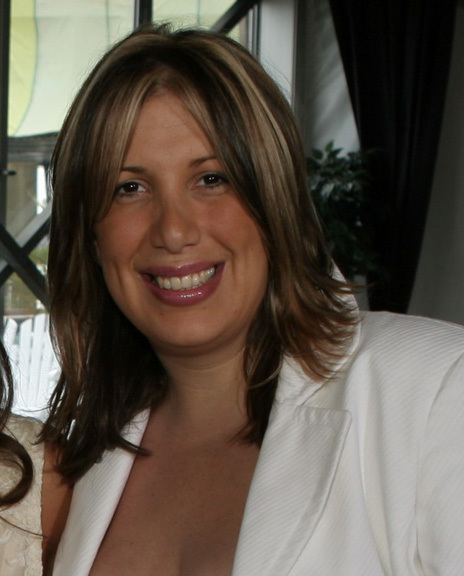Oceansider indicted in Ponzi scheme
Allegedly swindled $4.7 million from investors
Oceanside businesswoman Laurie Schneider was indicted by a federal grand jury last week on charges of running a Ponzi scheme that allegedly defrauded investors of more than $4 million.
According to the indictment, Schneider began accepting money from people who were seeking a return on their investment in 2006. In one scheme, known as the China deals, Schneider allegedly told investors that she had a contact in China who could get equipment and machinery at wholesale prices, which they could then resell in the U.S. at a 15 to 60 percent profit. Instead, Schneider allegedly kept the money herself.
“In these difficult economic times, it’s all the more troubling that, as alleged in the indictment, someone would take advantage of the trust of investors for personal financial gain,” said Loretta E. Lynch, the U.S. attorney for the Eastern District of New York, who announced the charges against Schneider. “As alleged, this defendant falsely represented herself as having international business connections that would benefit her investors, when in reality she was engaged in purely homegrown fraud and deception. This indictment serves as a warning that we will vigorously investigate and prosecute those who, by deceit and false promises, would steal from those who believed they were investing in a legitimate enterprise.”
Schneider’s lawyer, John Carman, declined to comment on the case.
The indictment charges that the business Schneider founded, Janitorial Close-Out City Corp., was nothing more than a shell company. It had a bank account at the J.P. Morgan Chase Bank in Oceanside, to which funds were transferred.
According to the indictment, Schneider told three of her victims, known as John Does 1, 2 and 3, that she had a contact, John Doe 4, who had strong business ties in China and would be able to purchase industrial equipment and machinery at wholesale prices. Janitorial Close-Out City, she allegedly told them, would then sell the machinery at marked-up prices, returning all of the investors’ money and realizing a profit of as much as 60 percent.
As is the case in any Ponzi scheme, instead of actually purchasing anything, Schneider allegedly used investors’ money to pay off other investors, while keeping some for herself.
In the end, prosecutors say, Schneider bilked investors out of $4.7 million with the China deals, as well as an additional $5 million through other related schemes.






